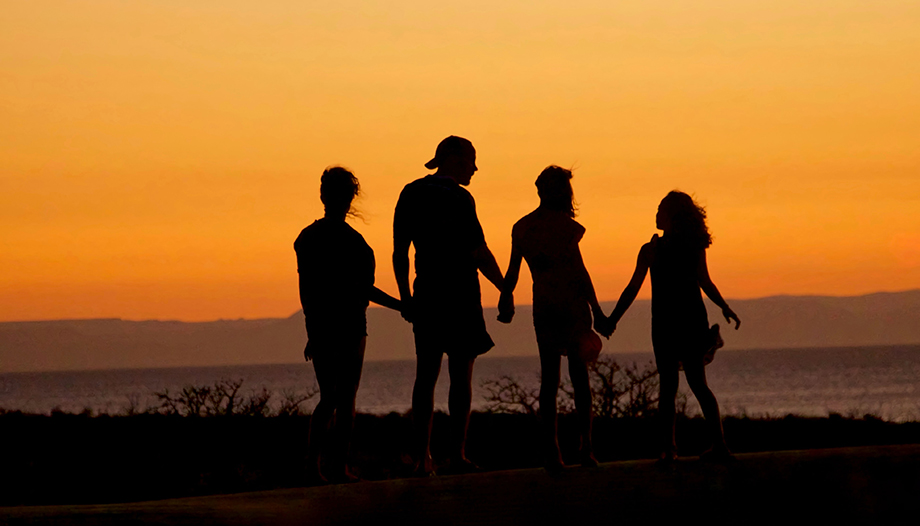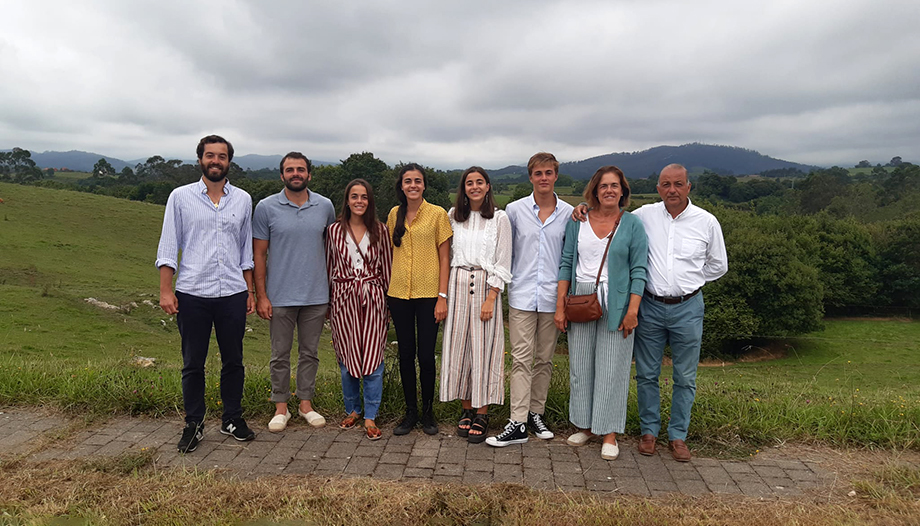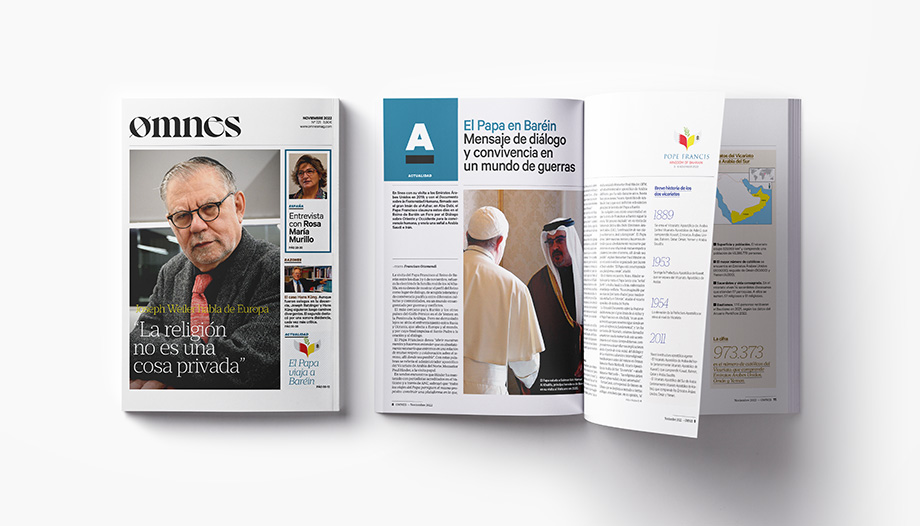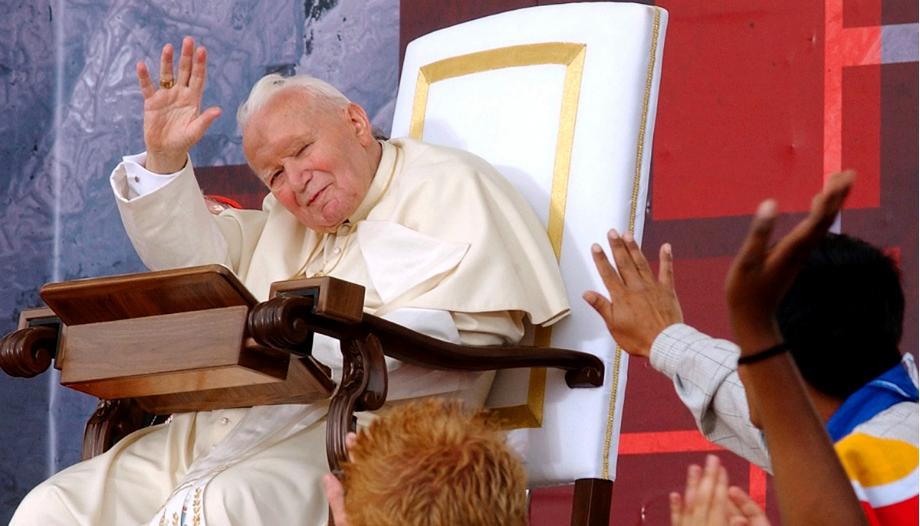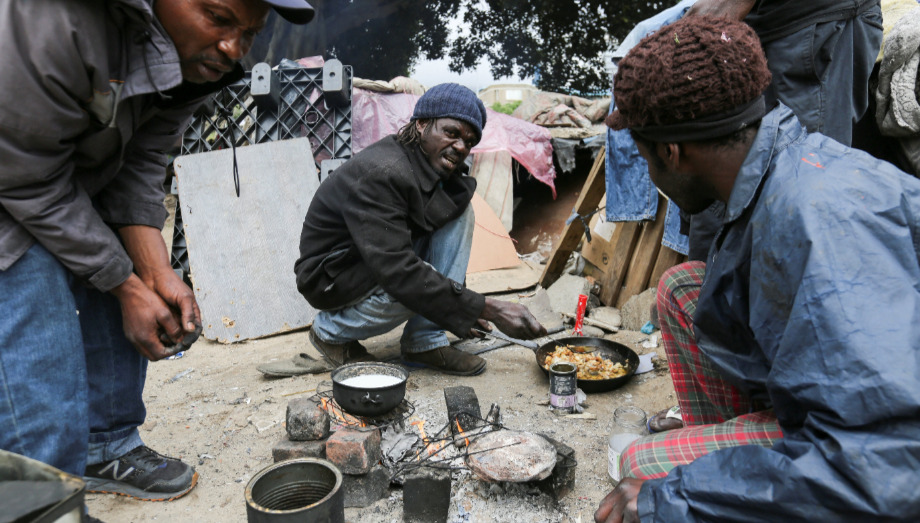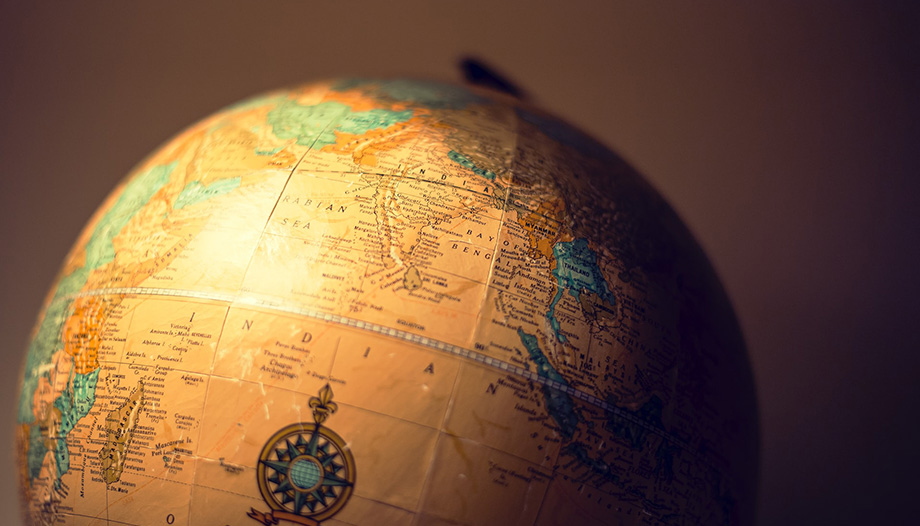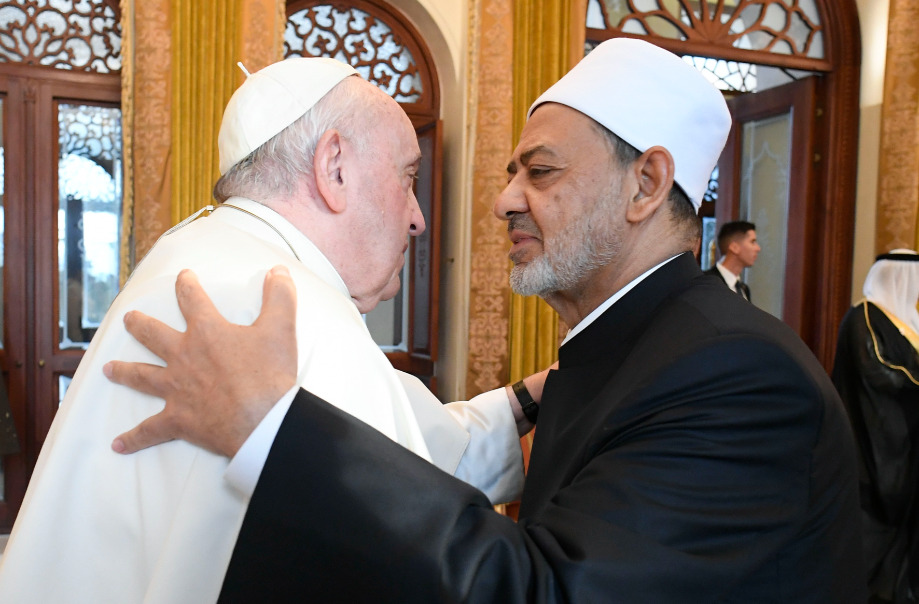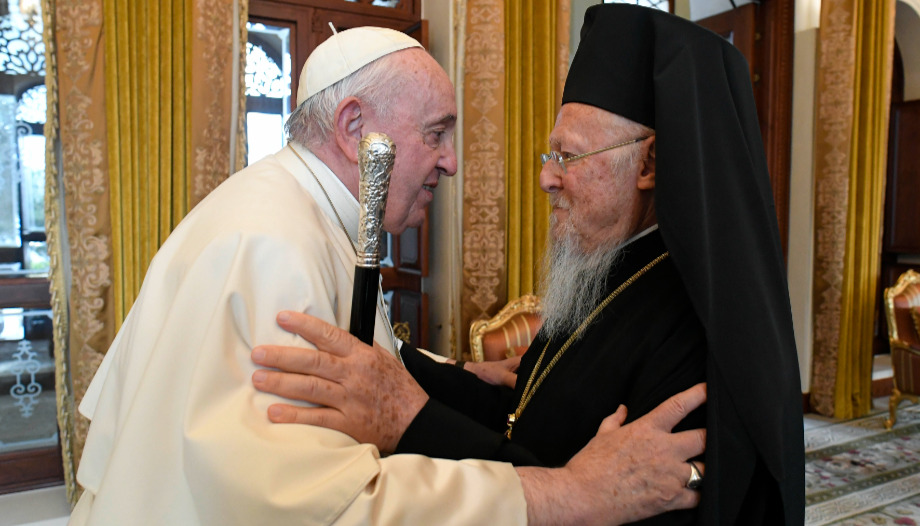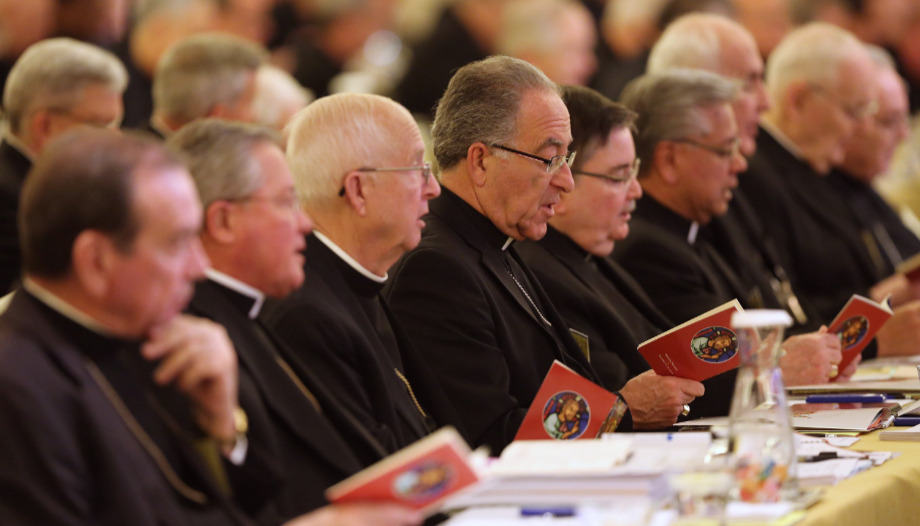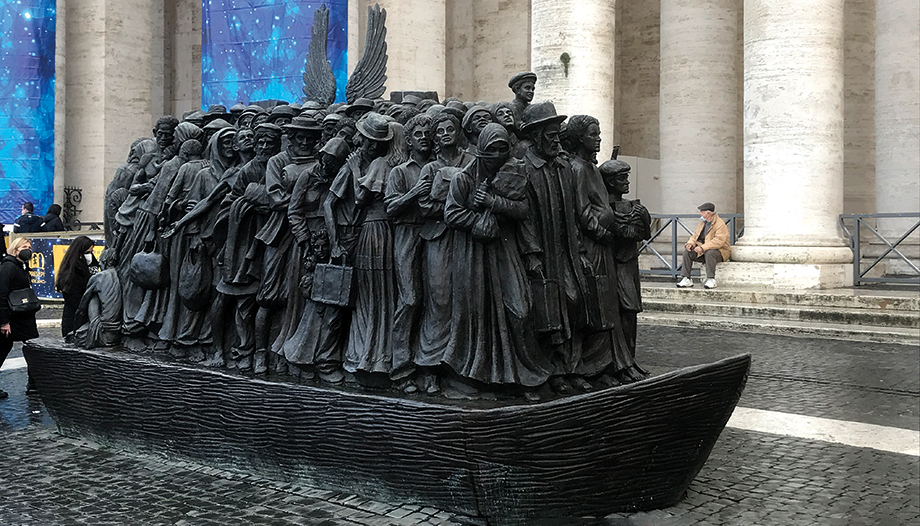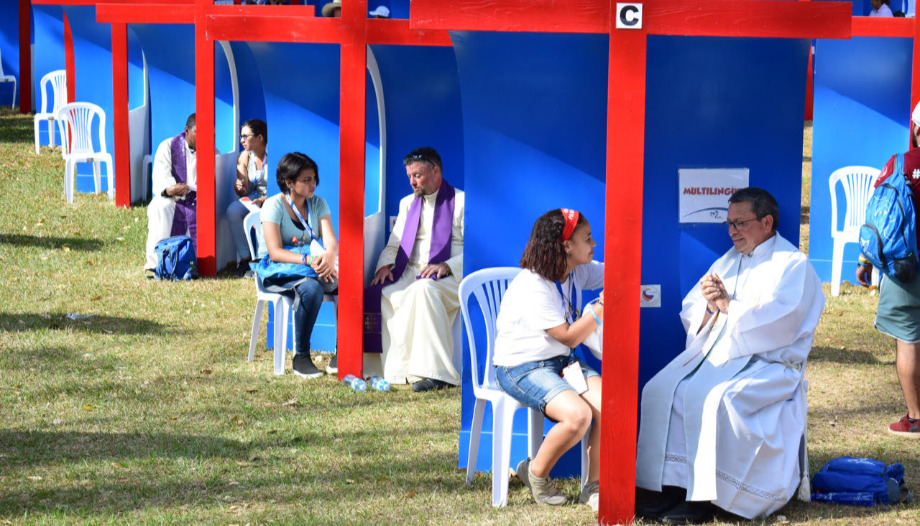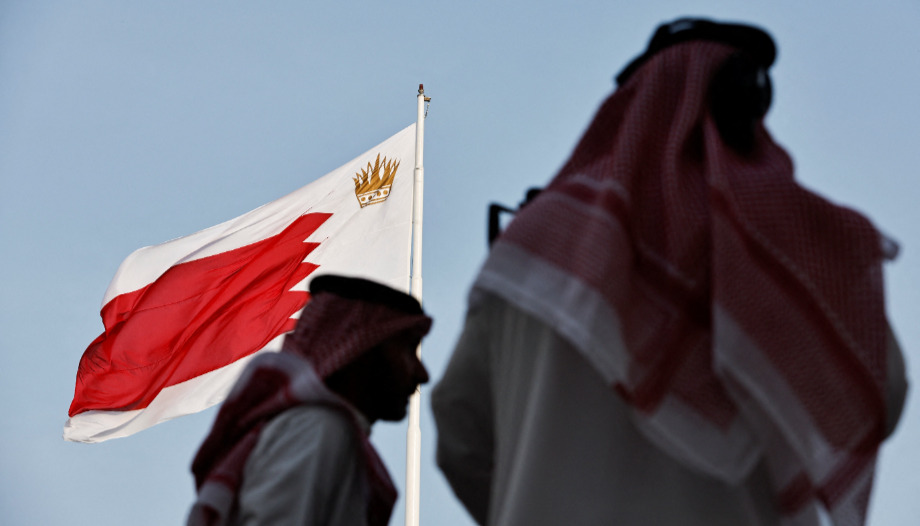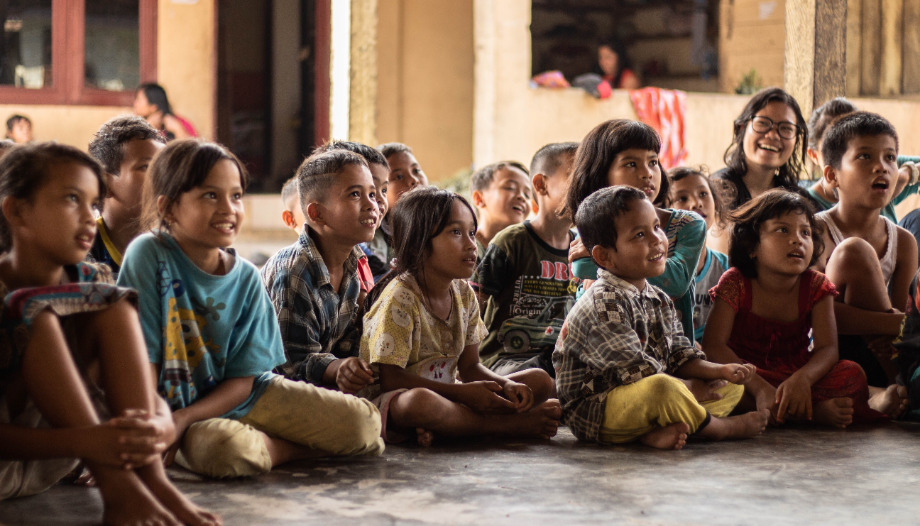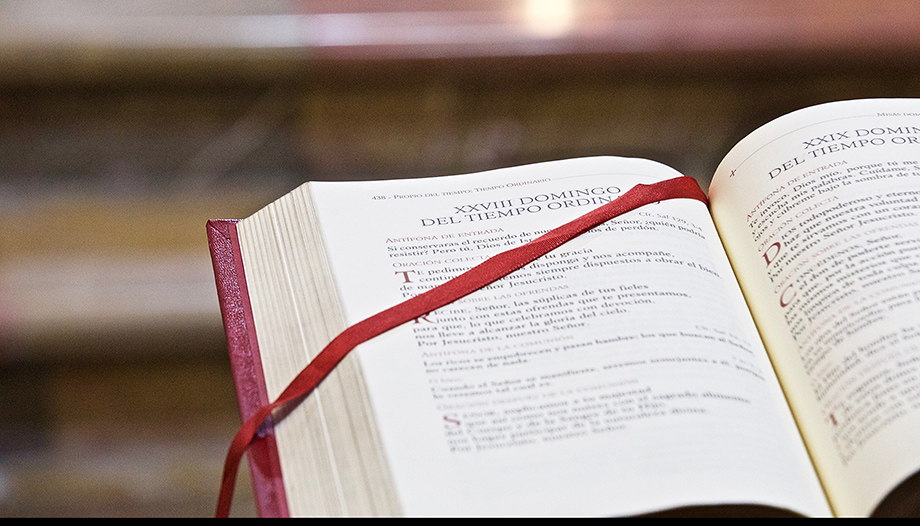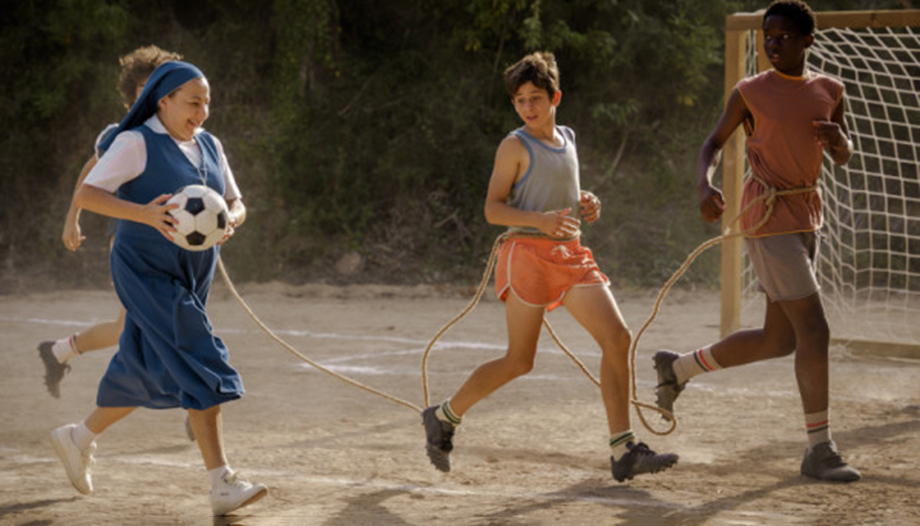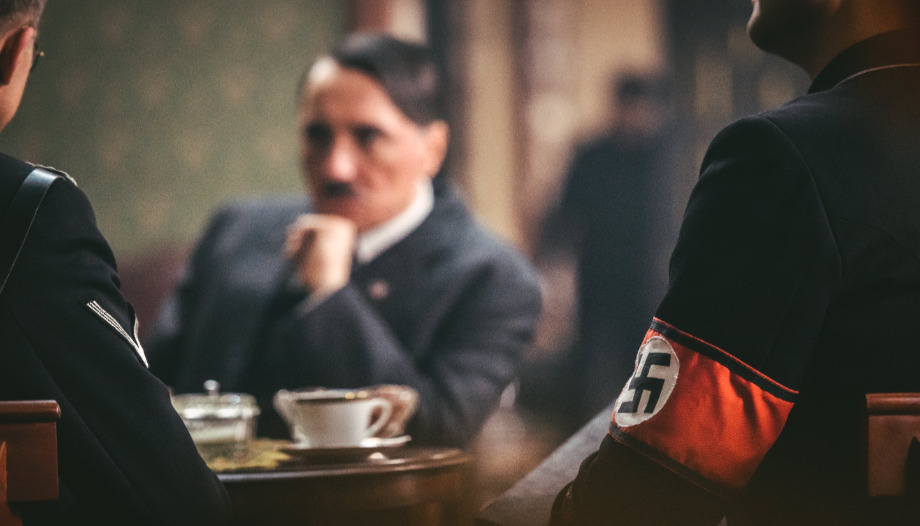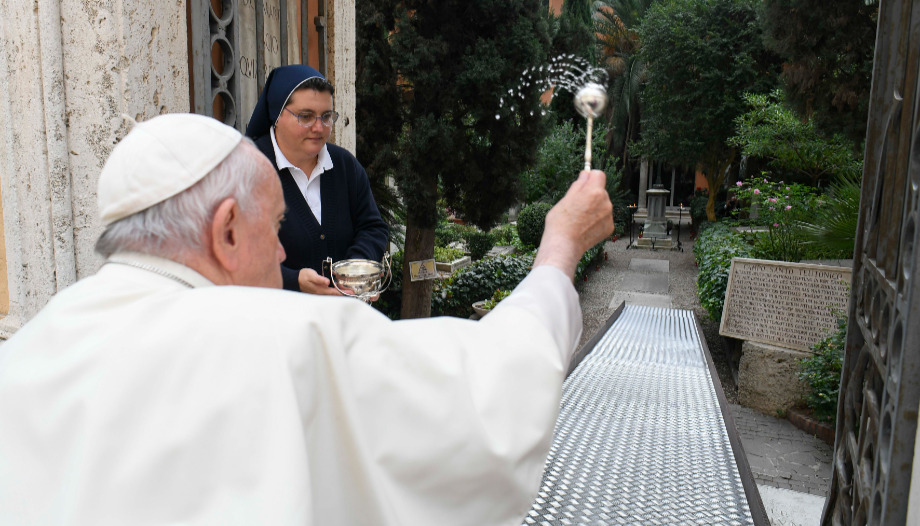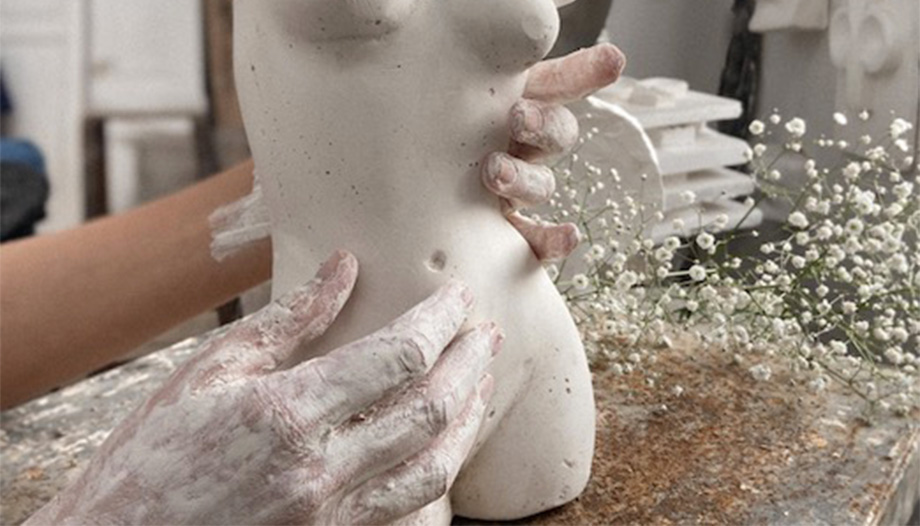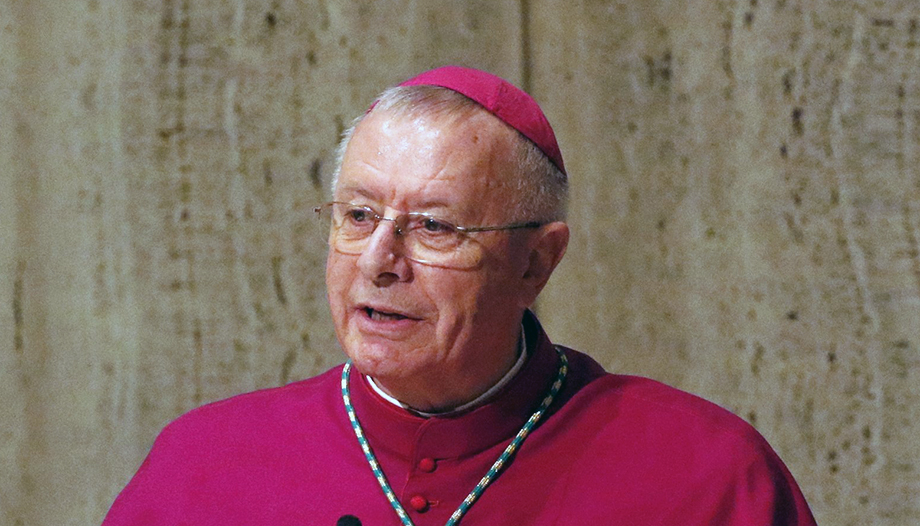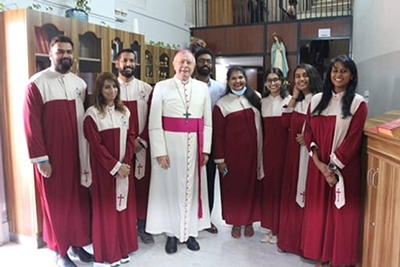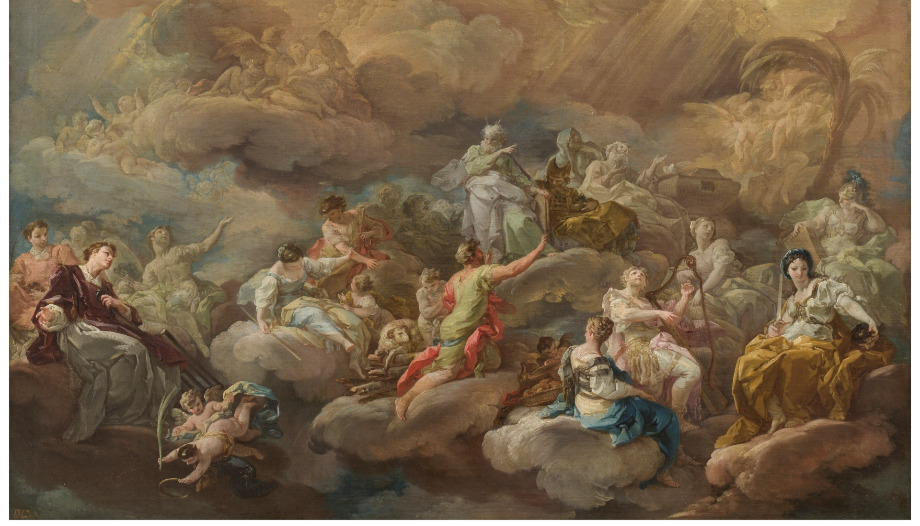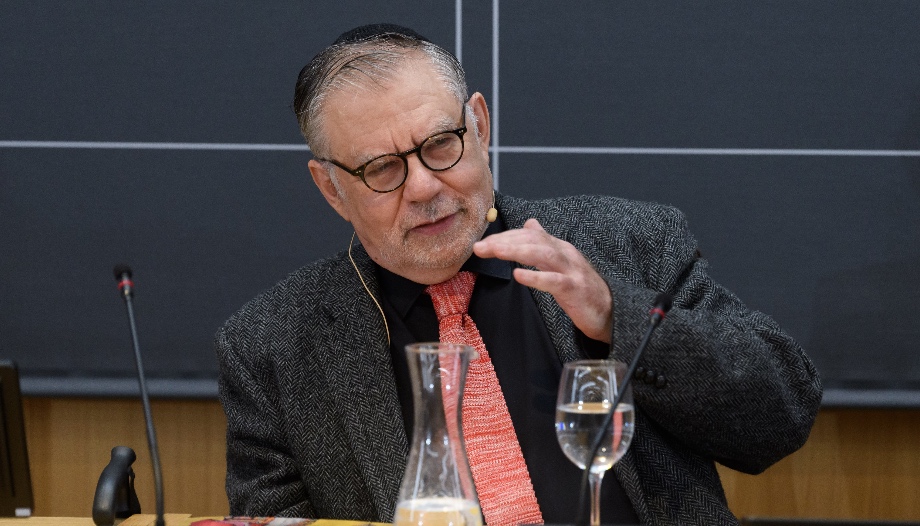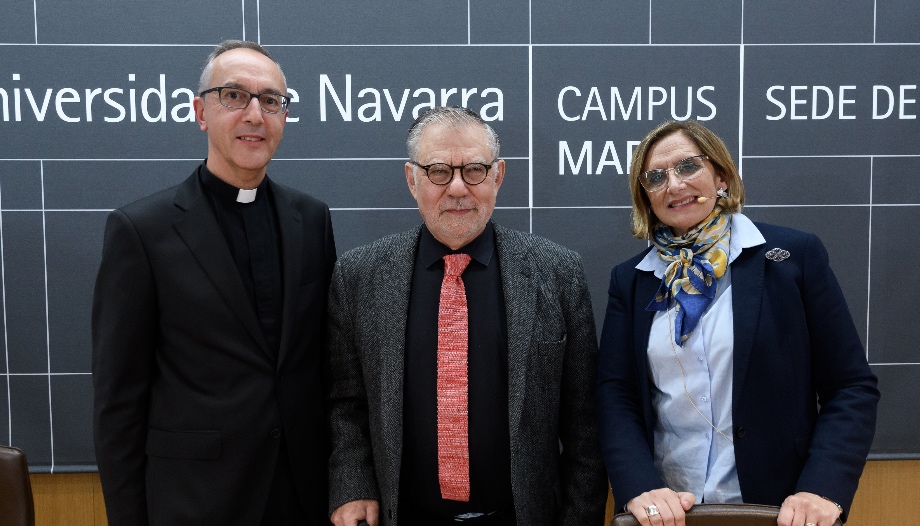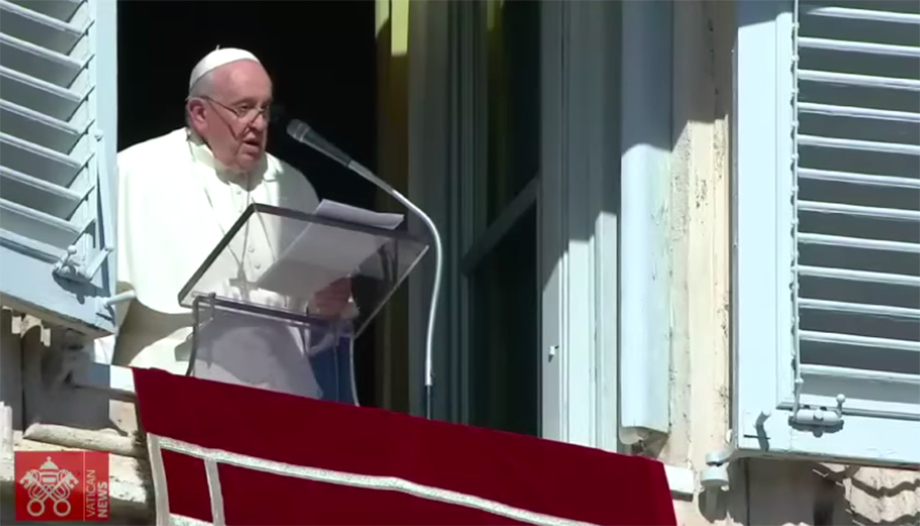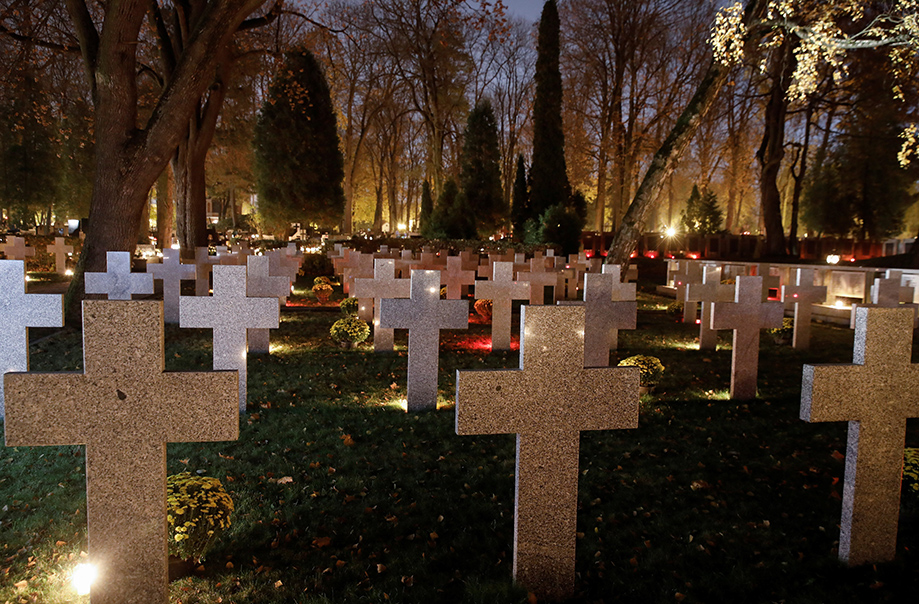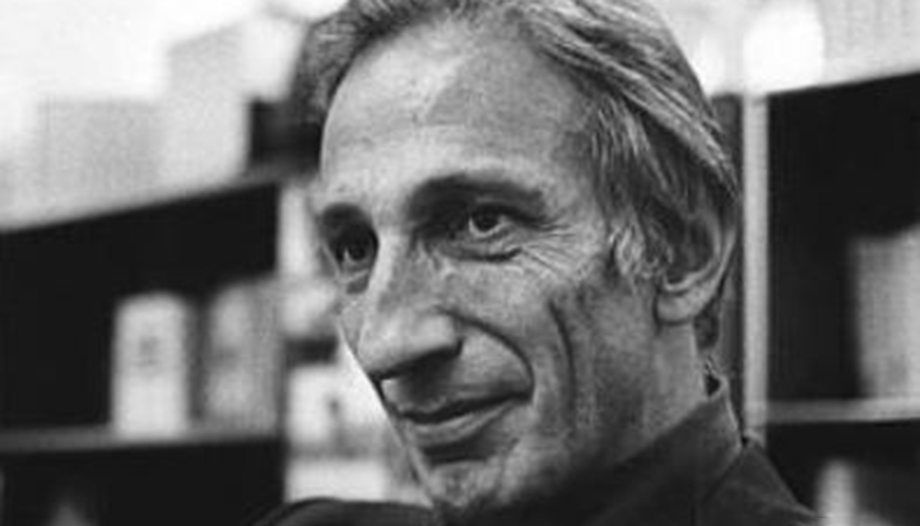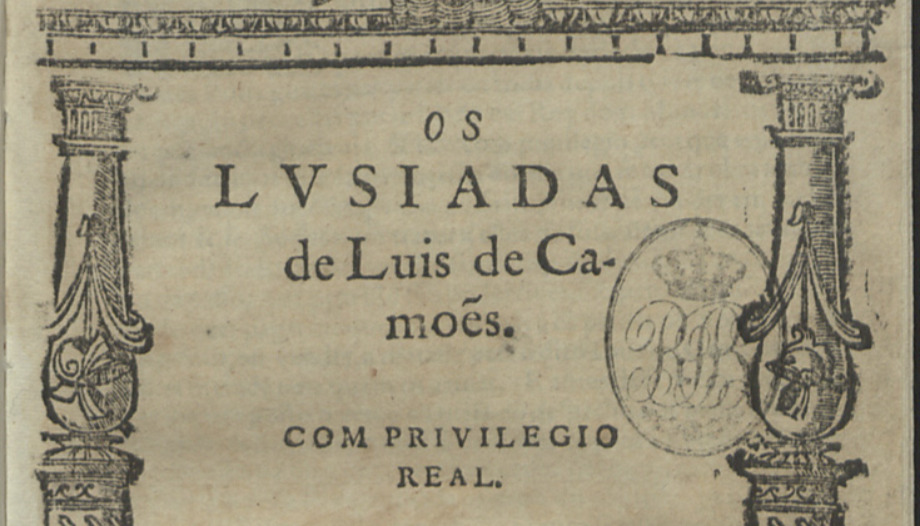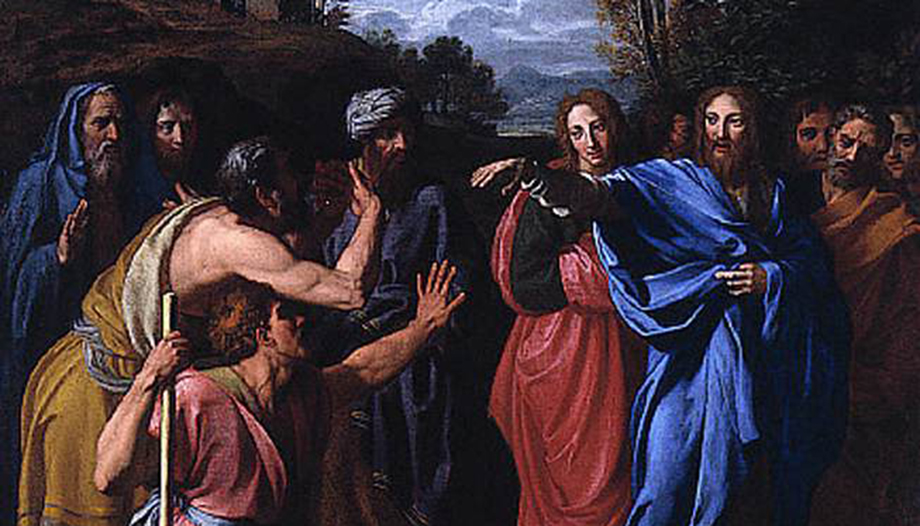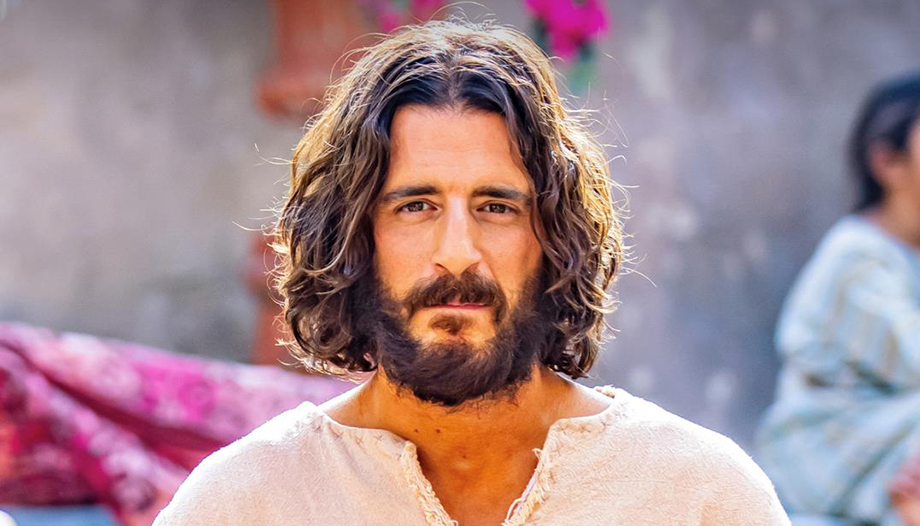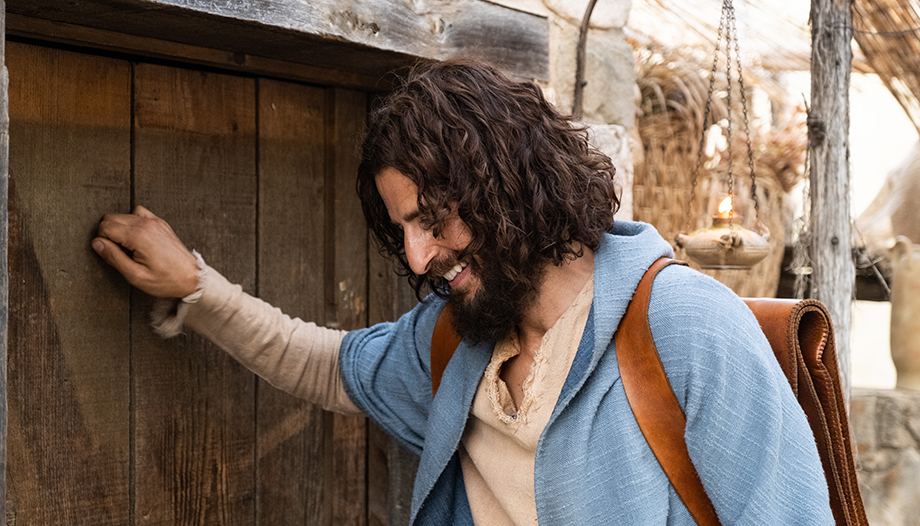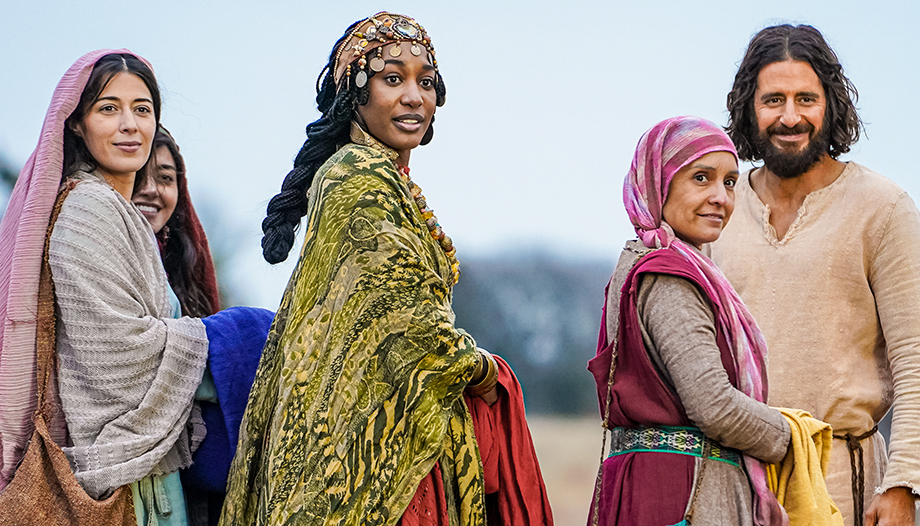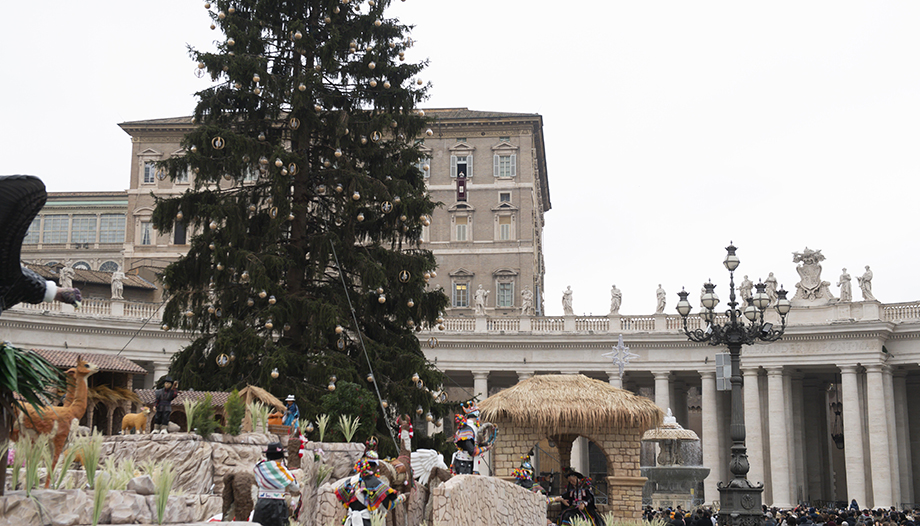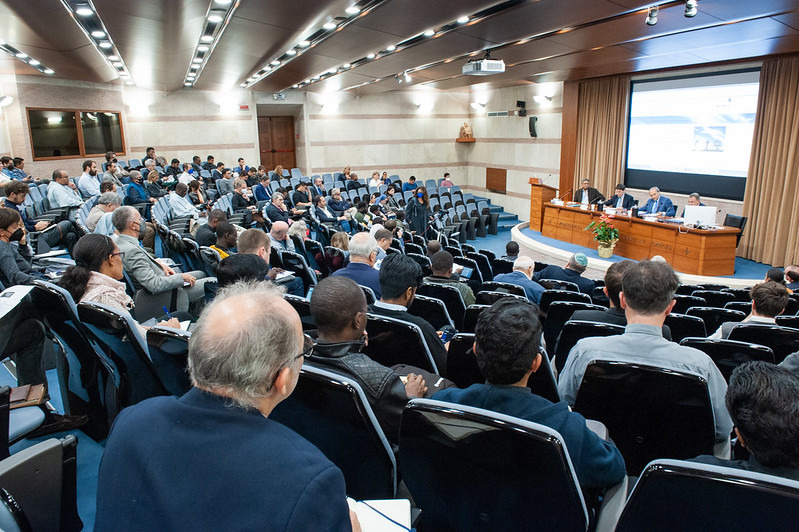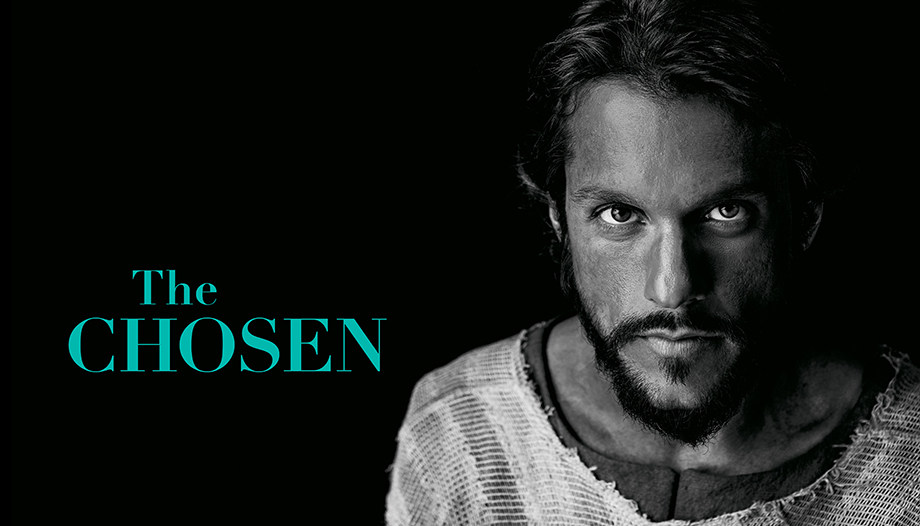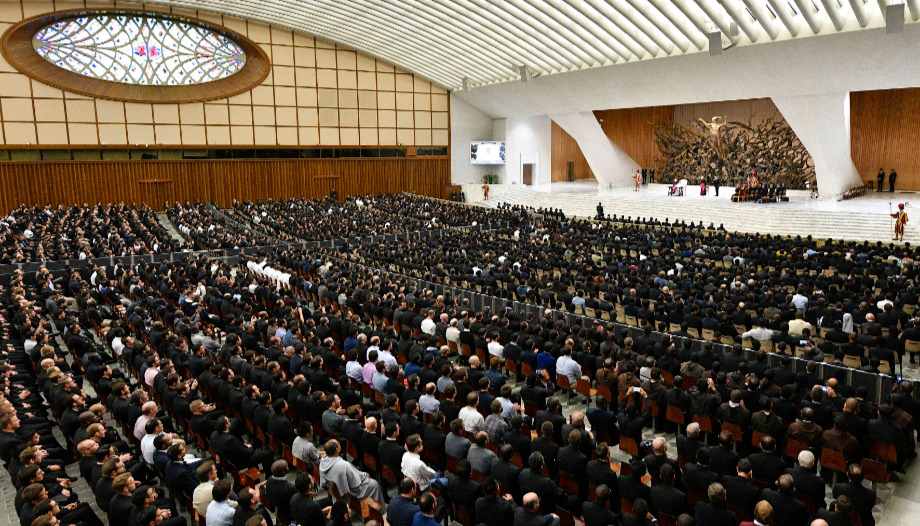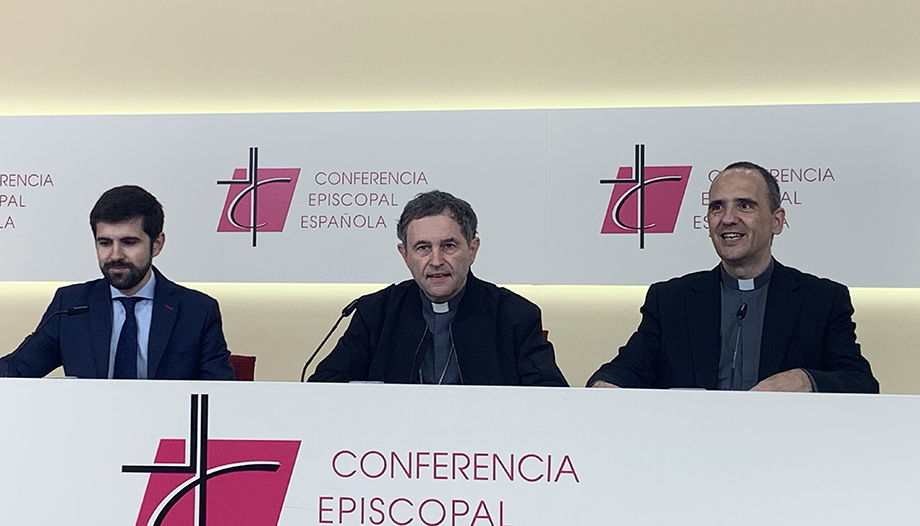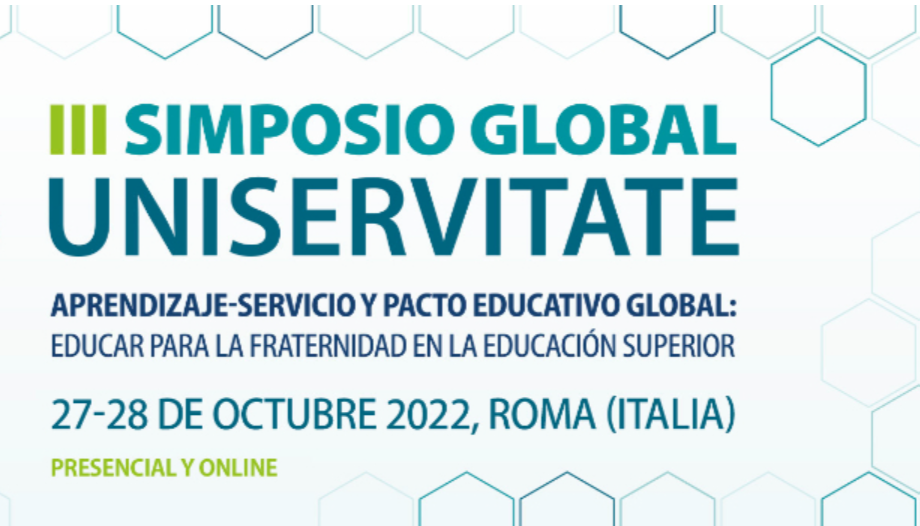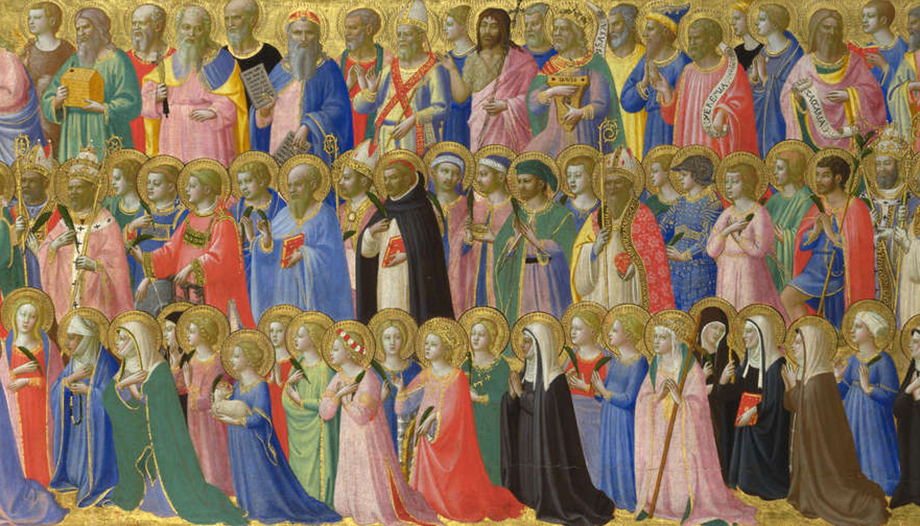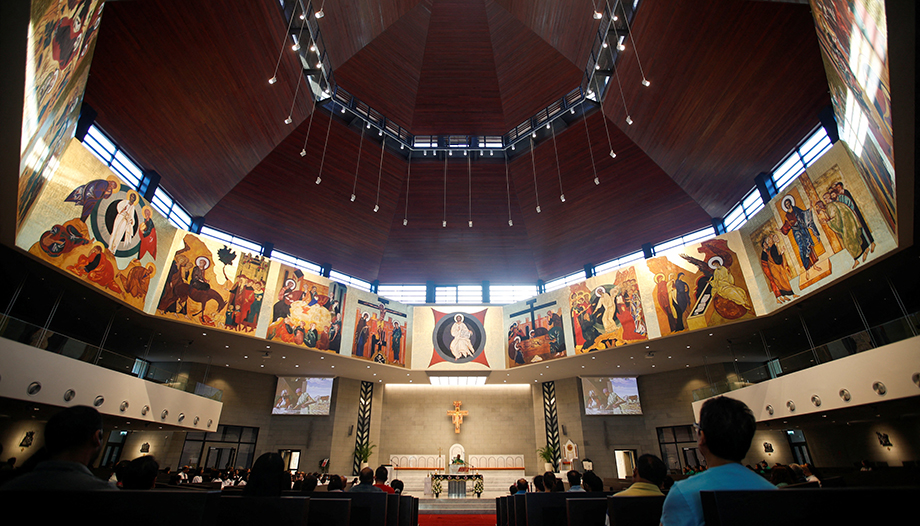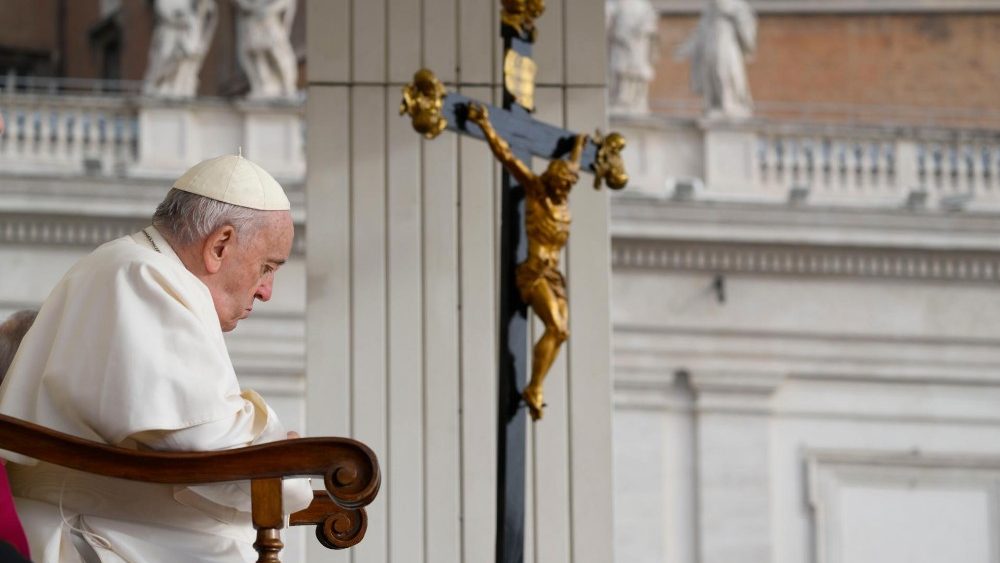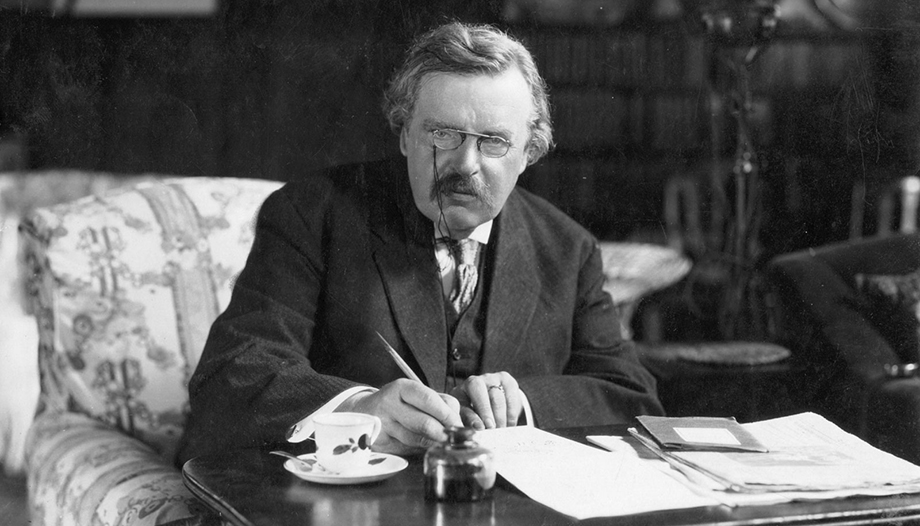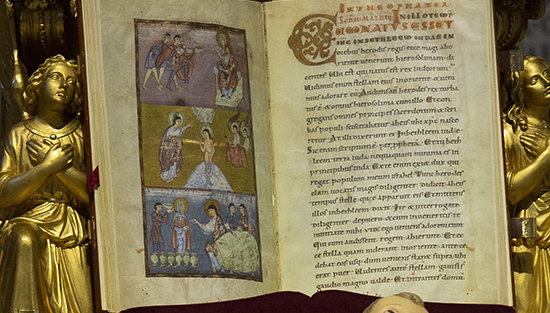With burning concern and growing astonishment we have been observing for some time now the [German] Church's path of sorrow.
First words of the encyclical Mit brennender Sorge of Pope Pius XI, March 14, 1937. All translations hereafter are my own.
After World War I and until Hitler's rise to power and the consequent establishment of the Third Reich, the Weimar Republic (1918-1933) was a turbulent period in the history of Germany, in which a confessionally Catholic political party, the Weimar Party, stood out. Deutsche Zentrumsparteior, simply, the ZentrumThe German Democratic Party, called to play a leading role in some important events in the last gasps of the German Republic between the wars. Founded at the end of 1870, it welcomed in its midst diverse political currents and an important dose of political liberalism -except in moral matters- which distanced it from Prussian Protestant conservatism.
In the final phase of the Weimar Republic, from 1930 onwards, the political situation became highly unstable mainly because of the crack The crisis of 1929, which caused between the end of 1929 and 1933 more than five million unemployed -added to the one million that already existed-. When the Social Democratic government of Hermann Müller fell in March 1930 because of its inability to cope with the situation, President Paul von Hindenburg appointed Heinrich Brüning as Chancellor. Zentrum. Brüning, with limited support in the Reichstag -The German Parliament, which is due to hold elections in September 1930, in which his party, the Zentrum, will win 68 seats.[ii]Hitler's, the NSDAP, rises from 12 to 107.
Between March 1930 and May 1932, Brüning remained in office without a majority in Parliament, until President Hindenburg, instigated by the machinations of General Schleicher, deposed him from the Chancellery. On this occasion, the centrist Franz von Papen was appointed to the post, but he was expelled from the Chancellery. Zentrum because he was considered a traitor to Brüning and to the party itself. Replaced by Schleicher after his resignation in November 1932, von Papen returned to the forefront in January 1933.[iii] as vice-chancellor to the newly appointed Hitler. In the following elections (March 1933) the Zentrum rises to 74 seats while Hitler, with 288, wins a majority and consolidates his position at the head of the country.
Did the Church support Hitler's regime?
Let us now look at the motivations of the Church, on the one hand, and of Hitler, on the other, for acting as they did. It will be seen, once again, that the children of the shadow are more astute....
Since his ascension to the vice-chancellorship, the Catholic von Papen is going to promote the signing of the Reichskonkordat -or Concordat between the Holy See and Germany - for which Kaas and the nuncio, Monsignor Pacelli, had been fighting for years, and which the Holy See had wanted since the first year of the Weimar Republic. For its part, the Zentrum sign the enabling law of March 24, 1933 or Ermächtigungsgesetz . by which full powers are conferred on Hitler and thus he dissolves himself on July 5, 1933 - something similar happens with the rest of the parties, which are definitively banned on July 14.
In this way the Church loses its presence in the political debate but puts its hopes on the achievement of the ReichskonkordatThe agreement was finally signed in the Vatican on July 20, 1933, in the presence of von Papen on the part of the Reich and Cardinal Pacelli, who had left the nunciature to the Weimar Republic and had been appointed Vatican Secretary of State in 1930.
Several factors promote this situation. On the one hand, the concordat or Church-State agreement was the path that the Holy See had been working on for some time with innumerable countries, not only with Germany, with which it had already signed a concordat. partial concordats[iv]. On the other hand, the climate of political instability was only increasing, and the participation of Catholics in the Reichstag was perceived as less operative than an agreement to safeguard the interests of the Church. In the end, Hitler was able to wrap his words in the tone that the Church expected: the important "advantages granted to the Church in the religious-cultural sphere, (...) the image of the Führer (...) No government had ever been as generous and willing to make concessions to the Catholic Church as Hitler was during the negotiations prior to the concordat".[v].
A hopeful speech
Beyond all this, Hitler's speech during his first declaration of government on February 1, 1933, proposed that he would "put Christianity as the basis of all morality," and even in the parliamentary presentation of the Ermächtigungsgesetz . of March 23 - the law by which the Zentrum had been suicide-It was stated: "The national government sees in the two Christian confessions the most important factors for the preservation of our national character. It will respect the covenants agreed between them and the Länder (...) The Reich Government (...) attaches the highest value to friendly relations with the Holy See".[vi].
The Catholic authorities must have breathed a sigh of relief to hear that the violent ways of the time of the strugglewhen National Socialism was self-inscribing itself in a Christianity positive -pagan - as opposed to Christianity negative -Inert, lapsed - of Catholics and Lutherans. However, only two weeks after Hitler affirmed before the German Parliament that Christianity was the basis of the new Germany and that for him the friendship with the Church was a priority, meeting with his closest collaborators he confessed: "To make peace with the Church (...) would prevent me from uprooting all forms of Christianity from Germany. One is either a Christian or a German. You can't be both"[vii].
This was the true face of Hitler: during the long years of the struggle for power, he had repeatedly stated that his movement was not a political doctrine but a religion of substitution and, as such, irreconcilable with Christianity. This was noted by the Jesuit Muckerman when defining the prophecy of the Third Reich as the heresy of the 20th century[viii].
Catholic reaction
In the same way, before the imminent victory of the NSDAP in the elections of March 33, numerous Catholic associations of workers, of Catholic Action and of the youth make public a communiqué in which it can be read: "We listen to the proud words of 'German spirit, German faith, German freedom and German honor, true Christianity and pure religion'. But German is the faith in what was promised when the Constitution was sworn, German is the love of freedom, the respect for the freedom of the adversary, the care not to let violence go unpunished; true Christianity (...) demands peace (...), and we affirm that it is a sin against the youth to imbue it with thoughts of hatred and revenge, putting out of the law those who are of a different opinion".[ix].
If at the beginning of its mandate the Führer He wanted to appear peaceful and conciliatory with the Church only in order to, through deceit and manipulation, eliminate the elements that could have brought discredit or instability to his regime. When he had deceived the Catholics -authorities and faithful- with his maneuvers and the signing of the concordat, he gradually showed his true face again. As the British historian Alan Bullock states, "In Hitler's eyes, Christianity was a religion fit only for slaves; he particularly detested its ethics. Its teaching, he declared, was a rebellion against the natural law of selection by struggle and survival of the fittest. (...) Taken to its extreme, Christianity would mean the systematic cultivation of human failure."[x].
This view of Christianity cannot fail to recall Nietzsche's characterization of Christianity in The genealogy of morals[xi]. With this background, the unleashing of the Kirchenkampf or struggle of the Churches.
The Church's reaction
Specifically, the struggle against the Catholic Church consisted of three phases. In the first phase, Hitler delegated the task to the ideologist of the Reich, Alfred Rosenberg, pretending to know nothing of this more or less hidden persecution that led to the assassination of Catholic leaders such as "Doctor Erich Klausener, Secretary General of Catholic Action [who] was shot to death in his Berlin office by the SS leader Gildisch" (the night of the long knives) during the Röhm coup in June 34.[xii]just six days after he had criticized the political oppression of the time before 60,000 people at the 1934 Catholic Convention in Berlin.[xiii].
"The national director of the Catholic Youth Sports Association, Adalbert Probst, was kidnapped and later found shot dead (...). Doctor Edgar Jung [Papen's writer and advisor, and also a collaborator of Catholic Action], was shot in the cells of the Gestapo barracks" while "the prominent Catholic politician and former Reich Chancellor undoubtedly escaped a similar fate only because he was in London at the time."[xiv].
During the second phase, between 1934 and 1939, under the guise of the deconfessionalization of the Reich, a virulent attack was carried out against the Church, in which the trial of thousands of clergymen under the propaganda "that's how all priests are" was the most important.[xv]. In the same line, and increasing over the years, from the creation of the Dachau concentration camp in March 1933, almost three thousand clergymen began to be assigned to the barracks established for this purpose.[xvi]Most of the priests were Polish, but they were followed by those of German nationality. In mid-December 1940, the priests already in Dachau were joined by another 800 to 900 priests from Buchenwald, Mauthausen, Sachsenhausen, Auschwitz, and other camps. About 200 German Catholic priests were killed **Find data in Dictatorship**. [xvii].
The third phase is marked by the assumption by Hitler's anti-Catholic secretary, Martin Bormann, of "command of the extermination struggle that was to lead, after the war, to the elimination of the Church and Christianity".[xviii]. Also, "in August of that year [1942], Joseph Goebels unleashed, as propaganda minister of the Third Reich, a campaign of millions of pamphlets against "the pro-Jewish pope"."[xix].
Publication of the encyclical
Faced with this situation, the Church, together with the evangelical Christians, was to be the last bastion against the Nazi regime. That is why Hitler considered Christianity the most dangerous enemy of the Reich, as revealed in the secret reports of the Gestapo.[xx]. Thus, "all Catholic organizations whose functions were not strictly religious were closed, and it quickly became evident that the intention was to incarcerate Catholics, so to speak, in their own churches. They could celebrate Mass and keep their ritual as much as they wanted, but they had nothing more to do with German society."[xxi].
Finally, on March 14, 1937, the encyclical Mit brennender Sorge –With burning concern- the Pope Pius XIThe encyclical, first written by the German Cardinal M. Faulhaber but reworked by Cardinal Pacelli to make it more severe, as can be seen in the title itself. The encyclical begins by explaining the reason for the Reichskonkordat. He goes on to explain the genuine faith in God, in Jesus Christ, in the Church and in the Primacy, "against a provocative neo-paganism."[xxii]He then reproved all forms of adulteration of sacred notions and terms, insisted on true doctrine and moral order, appealed to natural law and concluded with an appeal to young people, priests and religious and the lay faithful.
So that it could spread widely, 300,000 copies were smuggled in and distributed clandestinely, in addition to being read in all Catholic churches on Sunday, March 21. The reaction of the Propaganda Ministry was to ignore it completely, but the Gestapo, at the same time, carried out numerous arrests, as a result of which hundreds of people were sent to prison or concentration camps.[xxiii].
Control and repression
On the other hand, the Catholic presence in the resistance to the Reich is incontestable. To counteract their influence, the Nazi security services placed spies in every diocese, to the point of leaving in writing, as Berben refers, this instruction: "the importance of this enemy is such that the inspectors of the security police and the security service will make this group of people and the issues they discuss their special concern."[xxiv]. Likewise, Berben states that "clergy were closely watched and frequently denounced, arrested and sent to concentration camps (...) [There were priests who] were arrested simply because they were 'suspected of activities hostile to the state' or because there was reason to 'suppose that their dealings could harm society'".[xxv].
The historian of the internal resistance to the ReichGerman Peter Hoffmann, in The history of the German resistance, 1933-1945In the course of 1933, the Catholic Church was also literally forced to resist. It could not accept in silence the general persecution, regimentation or oppression, and in particular the sterilization law of the summer of 1933. Throughout the years until the outbreak of the war, Catholic resistance hardened until finally its most eminent spokesman was the Pope himself with his Encyclical Mit brennender Sorge"[xxvi].
One of the resistance groups was that of the Scholl brothers, the Scholl brothers, the White Rosewho between 1942 and 1943 distributed leaflets in Munich calling for resistance and peace. "Although they were aware that their activities could hardly cause significant harm to the regime, they were prepared to sacrifice themselves."[xxvii]. Likewise, the Director of the research department of the Ecumenical Council in Geneva, the Protestant Hans Schönfeld, prepared a memorandum on behalf of the Anglican Bishop of Chichester, George Bell. It considered the Catholic Church as one of the main groups of conspirators, together with refractory members of the Wehrmacht, the administration and the trade unions, and the Evangelical Church led by Bishop Theophil Wurm.
***
The Church has been recurrently accused of having resisted the situation and the aberrations committed by the Nazi regime, but after all that has been said, it is worth asking: if this were so, would Hitler have carried out the persecution he launched against her? Hitler's hatred of the Church is undeniable; did the attitude of the Church and of individual Catholics to the new order of things have anything to do with it? At the same time, it seems highly dubious to think that an exacerbated protest against the Reich by Pope Pius XII during the war years would have made it possible to save as many lives as were saved by official neutrality and diplomacy, on the one hand, and more or less clandestine action, on the other. In any case, the blood of the Christian martyrs of the Third World was a great help. Reich proclaims the greatness of his mother, the Church.
[ii] That is, 11% of the votes, the fourth political force in the country. Hitler's NSDAP, on the other hand, consolidates its position as the second force, with 18% of the votes.
[iii] In the absence of support from the Zentrum Neither of the Nazis, von Papen calls elections in July 32 and the Nazis obtain 230 seats. Again no government is formed and in the elections of November 32 they lose 2 million votes. Once again von Papen was unable to form a government; he was replaced by Schleicher, who also failed to form a government, and finally the president appointed Hitler as chancellor in January 1933. But already in 1934, with the concordat signed, von Papen was removed from the vice-chancellery and appointed ambassador to Turkey. There, under the influence of Nuncio Roncalli, the future John XXIII, he would end up saving Jews destined for the lager.
[iv] For example, the Concordat with Bavaria in 1924 or that with Prussia in 1929. Since the 1920s the Holy See had signed 18 concordats.
[v] A. Franzen, Church HistorySal Terrae, Santander, 2009, 375-376.
[vi] Speech before the Reichstag of presentation of the Full Powers Act, March 23, 1933.
[vii] A. Franzen, Church History377. The underlining is mine.
[viii] Cf. A. Franzen, Church History, 374.
[ix]https://resurgimientocatolico.wordpress.com/2014/05/08/una-mitologia-politica-los-principios-anticristianos-del-racismo/
[x] A. Bullock, Hitler: a study in tyrannyPenguin, London, 1962, 389. The author alludes here to Hitler's words as quoted in Hitler's table talk, 1941-1944London, 1943, 57.
[xi] Nietzsche affirms: "Weakness must be liars transformed into merit (...) and impotence, which does not take revenge, into "goodness"; fearful lowliness into "humility"; (...) its being-waiting-at-the-door, its inevitable having-to-wait, receives here a good name, that of "patience", and is also called "virtue"". F. Nietzsche, The genealogy of moralsTreatise 1, 14.
[xii] J. Conway, The Nazi Persecution of the Churches, 1933-1945Basic Books, New York, New York, 1968, 92.
[xiii] Cf. A. Gill, An Honourable Defeat. A History of the German Resistance to HitlerHenry Holt, New York, New York, 1994, 60.
[xiv] J. Conway, The Nazi Persecution of the Churches, 92-93.
[xv] Cf. A. Franzen, Church History, 378.
[xvi]Cf. W. L. Shirer, The Rise and Fall of the Third ReichSimon and Schuster, 1990, 235-238. In this regard, P. Berben is indispensable, Dachau, 1933-1945: the official historyNorfolk Press, 1975.
[xvii] "Of a total of 2,720 clergy recorded as imprisoned in Dachau, the overwhelming majority, some 2,579 (or 94.88%) were Catholic. (...) Berben noted that R. Schnabel's 1966 research, Die Frommen in der Hölle(...) Kershaw noted that some 400 German priests were sent to Dachau". Dachau concentration camp priests' quartersavailable at https://hmong.es/wiki/Priest_Barracks_of_Dachau_Concentration_Camp. Reference is made here to P. Berben, Dachau, 1933-1945, 276-277; R. Schnabel, Die Frommen in der HölleUnion-Verlag, Berlin, 1966; and I. Kershaw, The Nazi Dictatorship: Problems and Perspectives of InterpretationOxford University Press, New York, 2000, 210-211.
[xviii] A. Franzen, Church History, 378.
[xix] J. Rodríguez Iturbe, Nazism and the Third Reich, Universidad de la Sabana, Chía, 2019, 493.
[xx] For an example of such reports against the Church, see Chapter 2 of Prisoner No. 29392which contains an epigraph dedicated to the secret report of the Fulda Gestapo. E. Monnerjahn, Prisoner no. 29392. The founder of the Schoentatt movement prisoner of the Gestapo (1939-1945).Nueva Patris, Santiago, 2011, ch. 2, § 3, available at http://reader.digitalbooks.pro/book/preview/19669/
[xxi] A. Gill, An Honorable Defeat, 57.
[xxii] Mit brennender Sorge17. Available at http://www.vatican.va/content/pius-xi/es/encyclicals/documents/hf_p-xi_enc_14031937_mit-brennender-sorge.html
[xxiii] Cf. W. L. Shirer, The Rise and Fall of the Third Reich235, P. Hoffmann, The History of the German Resistance 1933-1945, 1933-1945MIT Press, Cambridge (Mass.), 1977, 25, and B. R. Lewis, Hitler Youth: the Hitlerjugend in War and Peace 1933-1945MBI Publishing, 2000, 45.
[xxiv] P. Berben, Dachau, 1933-1945, 141-142.
[xxv] Dachau concentration camp priests' quartersavailable at https://hmong.es/wiki/Priest_Barracks_of_Dachau_Concentration_Camp quoting P. Berben, Dachau, 1933-1945, 142.
[xxvi] P. Hoffmann, The history of the German resistance, 14.
[xxvii] H. Rothfels, The german oppsition to HitlerHenry Regnery, Hinsdale (Illinois), 1948, 13. Taken from P. Hoffmann, The history of the German resistance, 23.
The authorAntonino GonzalezProject Manager of the Core Curriculum Institute, University of Navarra.












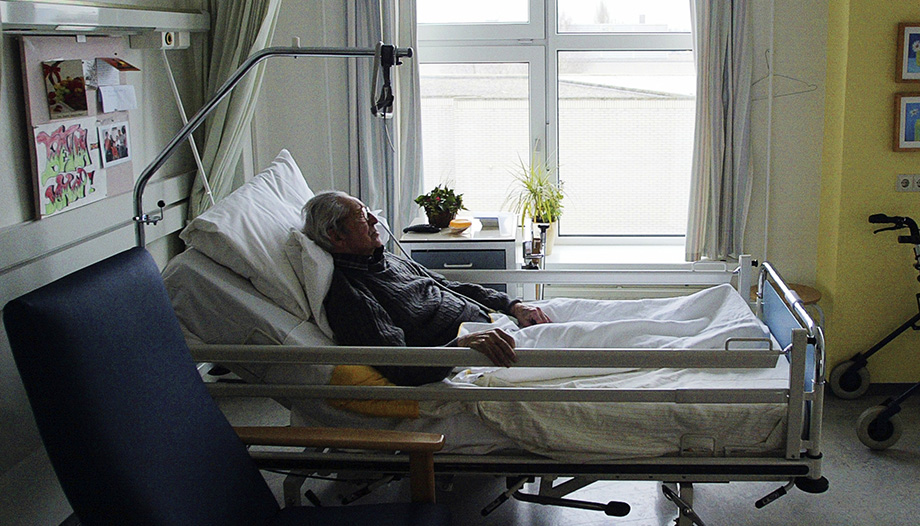
 "The euthanasia law almost makes the objecting physician look like an offender."
"The euthanasia law almost makes the objecting physician look like an offender."
